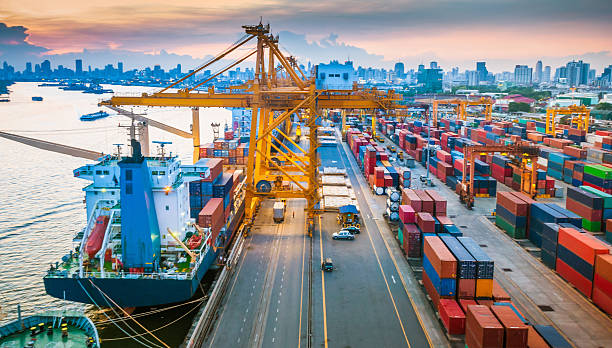While international trade has many benefits, it also faces a growing number of challenges. These include trade wars, tariffs, supply chain disruptions, and shifting political landscapes. As countries become more connected, the risks to global trade become more complex.
Trade Wars and Protectionism
In recent years, some countries have adopted protectionist policies, such as tariffs and import bans, to support domestic industries. While this may protect local businesses temporarily, it often leads to trade wars that hurt global markets, increase prices, and limit consumer choice.
Supply Chain Disruptions
Events like the COVID-19 pandemic, natural disasters, and geopolitical tensions have shown how fragile global supply chains can be. Delays in shipping, shortages of raw materials, and increased transportation costs can severely impact both imports and exports.
Regulatory Differences
International trade involves dealing with different standards, certifications, and legal requirements. These regulatory barriers can make trade more expensive and complicated, especially for small and medium-sized enterprises (SMEs).
Environmental and Ethical Concerns
There is growing pressure on businesses to ensure their supply chains are environmentally friendly and ethically responsible. Trade practices that harm the environment or involve poor labor conditions are increasingly criticized by consumers and governments alike.
Conclusion
Global trade brings enormous benefits but is not without its difficulties. Addressing these challenges requires international cooperation, updated trade agreements, and stronger infrastructure. A stable and fair trading system is essential for long-term economic health.

